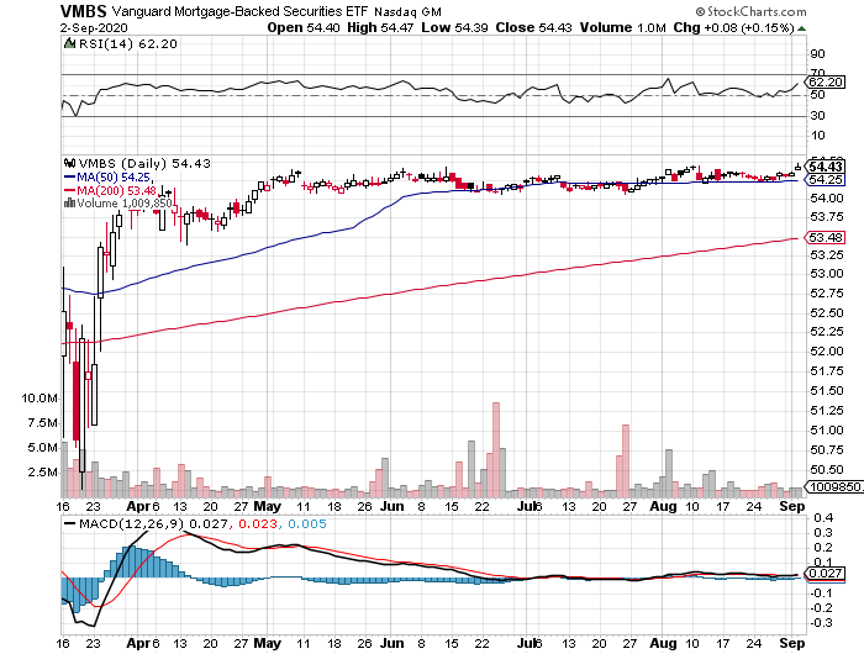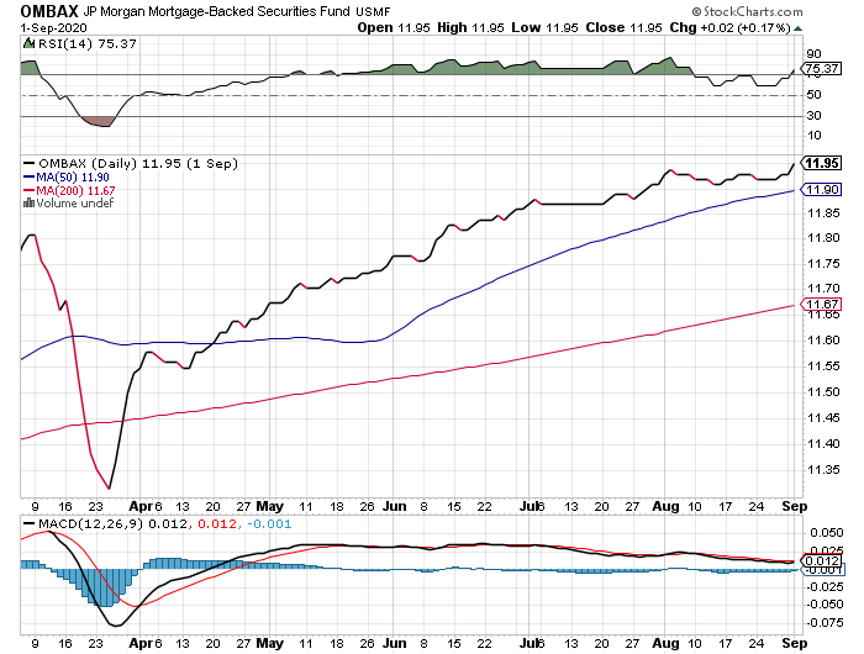A High-Yield Play in a Low-Yield World
I already know what you’re thinking about.
Energy Master Limited Partnerships (MLPs), junk bonds, airlines on the verge of bankruptcy?
Nope.
There are in fact tremendous opportunities in mortgage-backed securities.
Mortgage-backed what, you may ask?
A Mortgage-Backed Security (MBS) is a type of instrument which is secured by a basket of mortgages. These mortgages are aggregated and sold to banks which then securitize, or package, them together into single securities that investors can buy.
MBSs in effect turn banks into middlemen between the individual homeowner and a fixed income end investor. The housing market can’t work without it. The majority of home mortgages in the United States end up in MBS’s one way or the other.
MBS’s are further subdivided into residential or commercial ones, depending on whether the underlying assets are home mortgages taken out by borrowers or assets for commercial purposes ranging from office space to multi-dwelling buildings.
And here’s the part you want to hear. Some MBSs yield as much as 11%, and high single digits are common.
MBSs basically are bonds with a few bells and whistles. They are supposed to trade in line with ten-year US Treasury bonds (TLT). The problem now is that right now they are not. In fact, MBSs are currently trading at the great spread over Treasuries since the 2008-2009 Great Recession.
Part of the problem is that MBSs have a terrible history, leading the charge to the downside when the housing market collapsed, some collateral properties dropping as much as 80%. That took the value of most leveraged MBSs to zero.
Trillions of dollars were lost. Indeed, vast fortunes were made by hedge funds selling short these securities.
Today, these are not your father’s MBSs. In the wake of the 2008-2009 crash, the heavy hand of regulation came down hard.
Today, an MBS must be issued by a government-sponsored enterprise (GSE) or a heavily capitalized private financial company. The mortgages must have originated from a regulated and authorized financial institution. And the MBS must have received one of the top two ratings issued by an accredited credit rating agency.
As a result, much of the risk has been taken out of these securities.
So if these things are so safe now, why are they presenting such astronomical returns? A lot depends on your long term view of these US housing market.
There are currently 4 million homes in mortgage “forbearance” meaning that they have a temporary holiday on making their monthly mortgage payments. This government program runs out at the end of 2020. This has crushed the MBS market.
If you believe that the majority of these homes are going the default on their loans, you probably should steer clear of MBSs as the market has it right.
However, if you think that the majority of these bowers obtained forbearances without actually needing them and will return to regular timely payment once the program ends, plus back payments, then MBSs now offer incredible value and you want to be loading the boat with them.
I believe in the latter.
There happen to be dozens of publicly listed MBSs which you can buy. I focus on a couple of the highest quality ones.
The Janus Henderson Mortgage-Backed Securities ETF (JMBS) is offering a 4.34% yield invests primarily in ten and 30 conventional home mortgages. Click here for more details.
The Franklin Templeton Western Asset Mortgage Back Securities Fund (SGVAX) pays a 3.75% yield and invests in a broader range of asset-backed securities. For more details on this fund please click here.
While these yields are attractive, you really need institutional access to get the Holy Grail, the true double-digit return. That will let you soak up the mortgages directly, as hedge funds do. That will let you bypass the hefty management fees and expenses charged by the exchange-traded funds and other middlemen.
You may also have to go out on the risk spectrum to get the big numbers, which means investing in more commercial backed securities. It’s no great revelation that people will default on their office or their small business before they do so on the residence.





